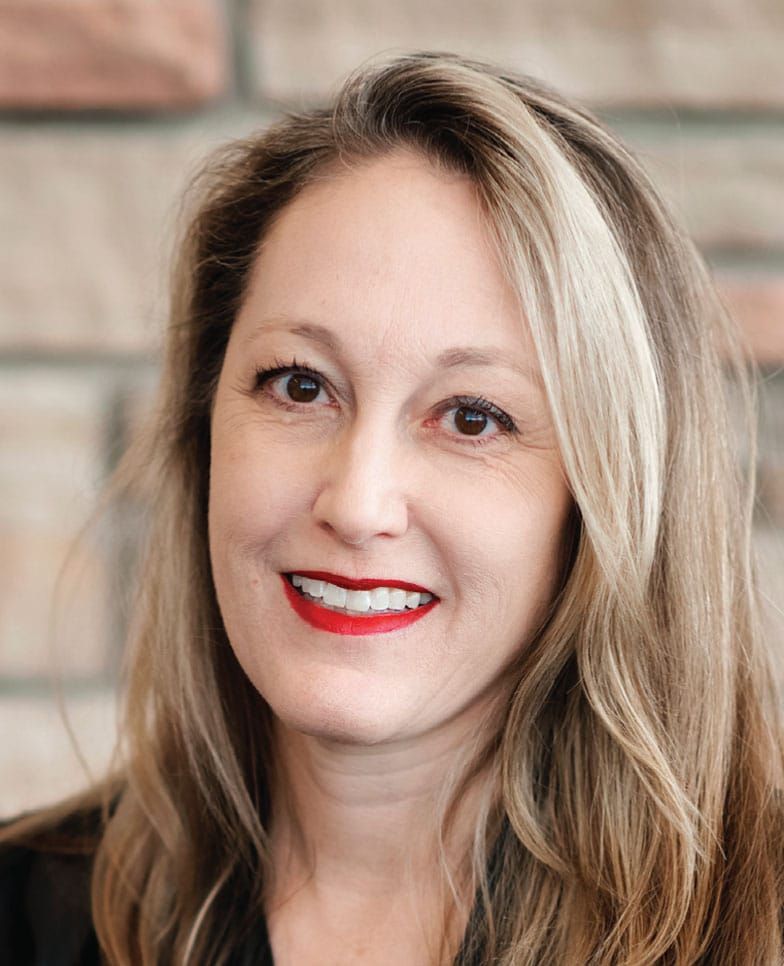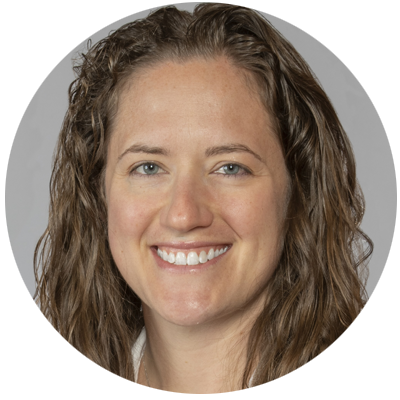Top Docs Q&A: Dr. Christina Reimer, MD

Internal medicine
UCHealth Internal Medicine Clinic – Snow Mesa
EDUCATION: Sanford School of Medicine of The University of South Dakota in 1997
RESIDENCY: Michigan State University
FELLOWSHIP: University of Kansas Medical Center
Q: What interested you about internal medicine versus other specialties?
A: People frequently ask me what an internist does, so I’ll start with a definition (adapted from the ACP): Internists are physicians who specialize in the prevention, detection and treatment of illness in adults. Internal medicine specialists possess a wide variety of clinical knowledge and skills, and are able to deliver comprehensive and consultative care to patients with various chronic and acute conditions.
SPONSORED CONTENT
When I was in training, I learned from internal medicine mentors who were the physicians to whom we all looked to solve complex medical mysteries, collaborate with teams to optimize evidence-based care for the sickest patients, and research difficult
questions. And they always served as patient advocates in a complicated health care environment. I also liked the idea that an internist had so many different options for
career pathways, and I’ve been able to work as a primary care physician and a hospitalist, in administration, and as a medical educator during my career so far.
Q: You attended medical school in South Dakota, completed your residency in Kansas, and a fellowship in Michigan What drew you to Colorado?
A: I grew up in the Midwest and most of my family and friends live there. It will always be home to me. After training, I stayed on as faculty at the University of Kansas and then worked at the University of Iowa but moved to Colorado and made a career change to community medicine at a time that was best for family. I had a 2-year-old and knew I wanted to have another baby. I joined the most supportive group of physicians at Poudre Valley Internists in 2008 and am still there, although we have gone through many transitions and are now “UCHealth Internal Medicine – Snow Mesa.” I credit the awesome Drs. Cathy Ow and Jen Hendrick for being my “physician mom” mentors – because the roles of Doctor and Mom are not always easy to combine, and it has been invaluable to have peer support alongside me every day. They built a practice that supported work-life balance before we were all talking about it, and they were recognized as (and still are) some of the best physicians I’ve ever met.
Q: How has internal medicine changed since you began your career, particularly in the COVID-19 era?
A: I finished training over 20 years ago. The changes that have most affected my daily work are related to technology. I carried around books in the pockets of my white coat to look things up, I wrote prescriptions on a paper pad, and I spent evenings and weekends going through paper results in large stacks of paper charts. It is awesome that physicians and patients have so much data to inform diagnostic and treatment decisions at our fingertips. Thankfully, we had the option to transition visits to telehealth during the COVID-19 pandemic so we could stay connected to our patients. But I have always valued the continuity of relationships especially between primary care physicians and their patients, and many of those relationships are developed when we sit in the same room and have conversations. One downside of the current technology is that we aren’t doing that as much. Communication is fragmented and coordination of care by teams is still evolving. Major changes in medicine itself have revolved around our ever-expanding knowledge about genetics, and the addition of more targeted treatments such as monoclonal antibodies for chronic disease. Awareness of racial health disparities, prejudice, and violence in medicine is increasing, and my hope is that we will advocate for policy changes that improve coverage, quality, and access to care for everyone during my career.
Q: Multiple reviews on the UCHealth website credit you as a careful listener. Why is that important, and is that a trait that you consciously developed, or does it come naturally to you?
A: Listening is easy for me. I am an extrovert. I love to know peoples’ stories. Listening in 15-minute blocks – while also trying to prioritize what a patient needs, discuss options with them, move forward with a plan, and stay on time so that we can listen to the next patient – is hard. Honestly I wish I could listen more. William Osler is even quoted as saying “Just listen to your patient;” so we have known from the beginning of medicine how important this is. We have great teams in our clinic, and that allows several of us to get to know our patients well over time so we can provide the best care to them as individuals.
Q: What kind of hobbies and interests do you have outside medicine?
A: I am a dance mom and a band mom during most of my freetime these days, and I love spending time with my kids and their friends. My partner and I like to bike and travel. The most relaxing place in the world for me is at my parents’ lake cabin in South Dakota. I love good food, time with friends, and beautiful sunsets.
Q: What are you watching on Netflix?
A: I choose to only watch shows that do not make me feel more stress. So we recently finished watching “Schitt’s Creek,” which I loved, and now I’m circling back around to watch the final seasons of the “Marvelous Mrs. Maisel” and “The Crown.”
Q: “If I wasn’t a doctor, I would be …”
A: Like many physicians, so much of my identity and life revolve around medicine, so it is difficult to imagine what I would be if I wasn’t a doctor. I always thought I would be an architect when I was growing up, and it still sounds fun to design beautiful spaces. I like
to teach, but I know how difficult it is to teach right now and am pretty sure I would not be as good as the wonderful role models who teach my kids in Poudre School District. I also like to imagine what would be on the menu at my restaurant if I was a chef.
Internal medicine
UCHealth Internal Medicine Clinic – Snow Mesa
EDUCATION: Sanford School of Medicine of The University of South Dakota in 1997
RESIDENCY: Michigan State University
FELLOWSHIP: University of Kansas Medical Center
Q: What interested you about internal medicine versus other specialties?
A: People frequently ask me what an internist does, so I’ll start with a definition (adapted from the ACP): Internists are physicians who specialize in the prevention, detection and treatment of illness in adults. Internal medicine specialists possess a wide variety of clinical knowledge and skills, and are able to deliver comprehensive and consultative care to patients with various chronic and acute conditions.
When…
THIS ARTICLE IS FOR SUBSCRIBERS ONLY
Continue reading for less than $3 per week!
Get a month of award-winning local business news, trends and insights
Access award-winning content today!




